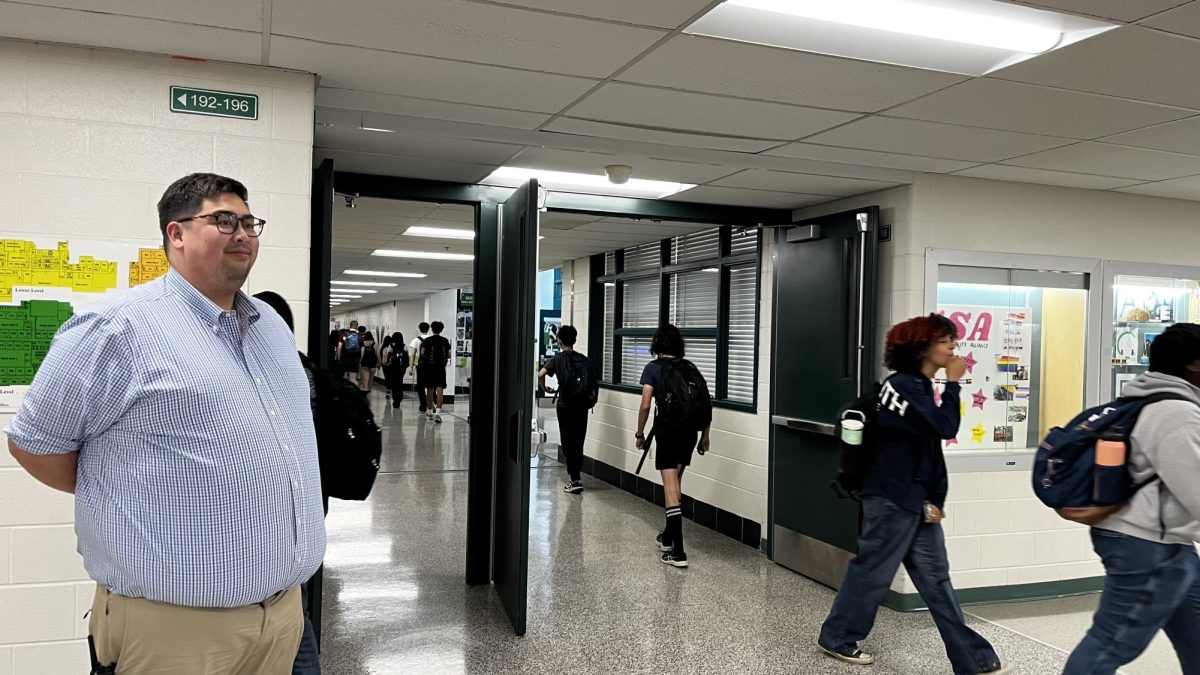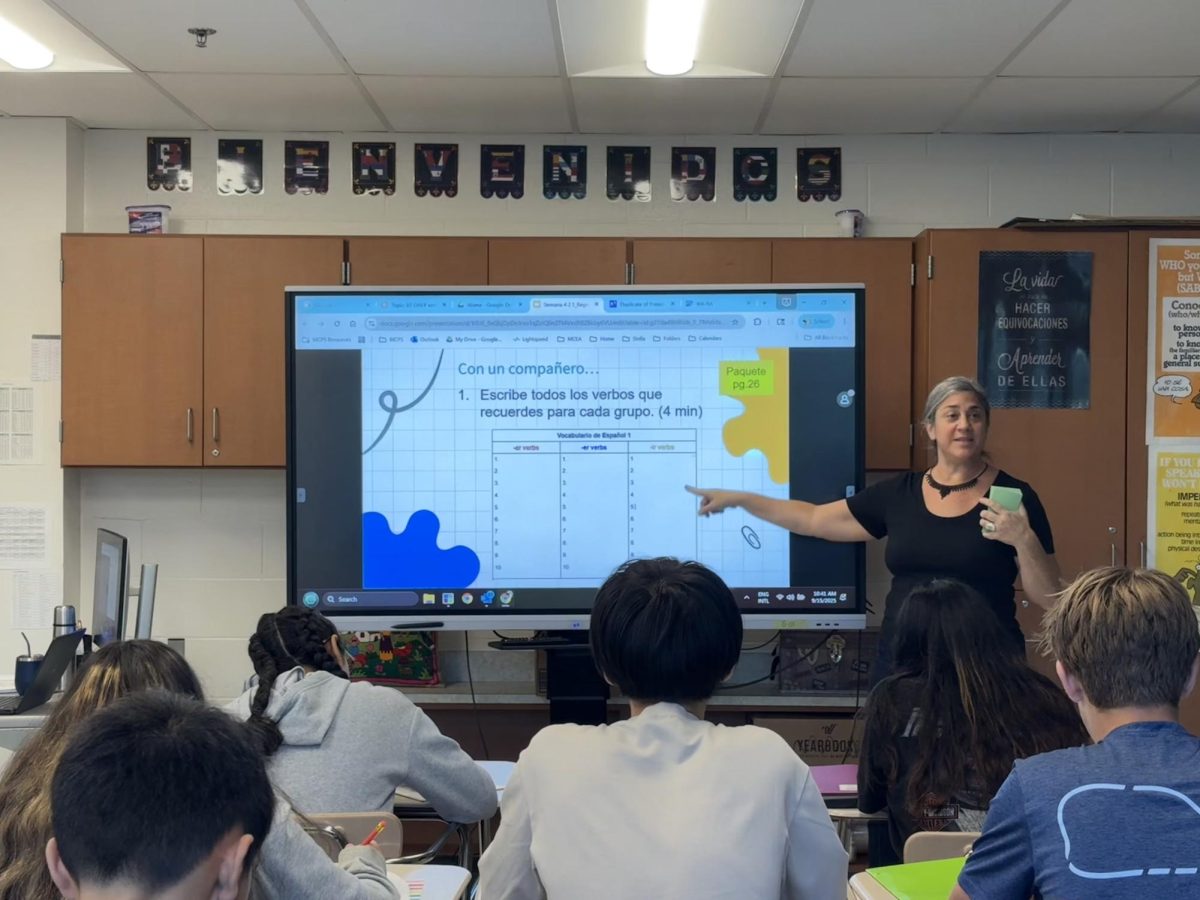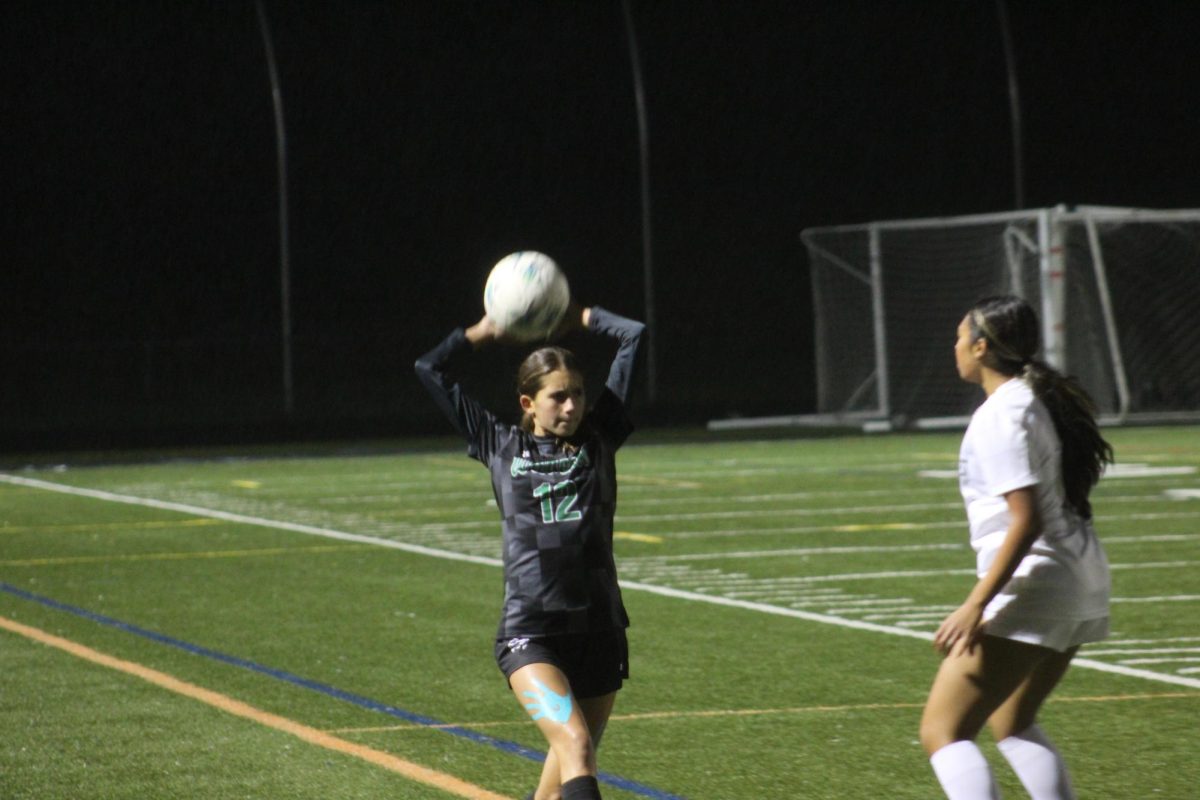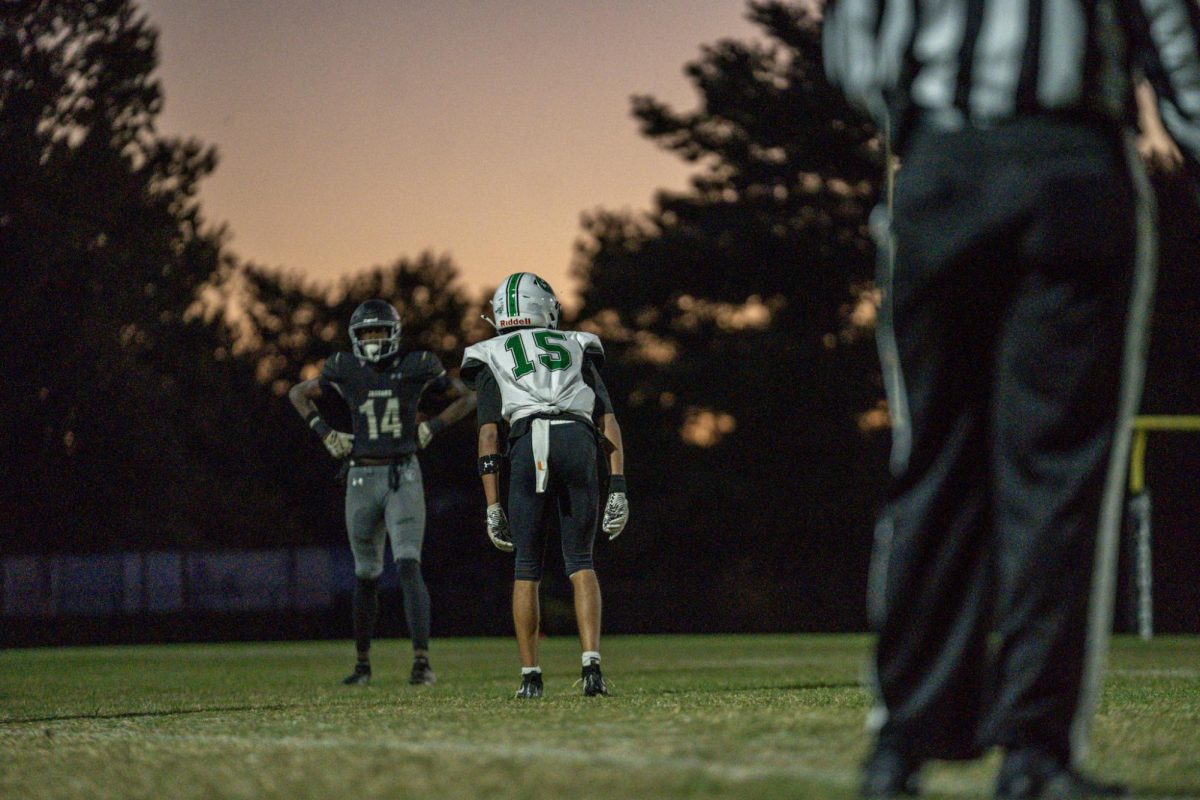When thinking of December, the focus is usually on Christmas: the celebration of Jesus’s birth. However, there are other holidays that are sometimes overlooked, such as Hanukkah. In the United States, there are around 7.5 million Jews compared to 205 million Christians. In Montgomery County, there are 116,700 Jews, making it seem like the population of Jewish people in the U.S. is bigger than it really is. Around the country, antisemitism makes its appearance quite frequently. One of the biggest reasons for this is the lack of education about the Jewish religion and its holidays; what Jews believe in, the horrid background of the Holocaust and the true identity of each Jewish individual. So, what is it like to celebrate Jewish holidays? How is life in a country where Jews are far from the majority? What are some of the traditions that make Judaism special? In order to find the answers to these questions, a good place to start is learning about a holiday that no one can agree on how to spell: Hanukkah.
What exactly is Hanukkah? According to CNN, “Hanukkah celebrates the rededication of the Second Temple in Jerusalem in the 160s BC.”
Jews were discriminated against and were told by King Antiochus IV that they must worship Greek gods. The Jews revolted against this claim and took back the once stolen Temple. After the accomplishment, the soldiers had only enough oil to provide them with light for one night, but it miraculously lasted for eight – the reason for the eight candles on the menorah (also known as a hanukkiah). The ninth candle in the center of the menorah, the Shamash, is used to light the other candles. Other traditions that are associated with Hanukkah are eating potato latkes, playing dreidel and eating gelt (chocolate coins).
“My favorite part about celebrating Hanukkah is being with my family and celebrating something that we all love!” freshman Olivia Hookman-Vassa said.
Celebrating Hanukkah in the U.S. is a joyous occasion for most Jews as it is something that sets them apart from the crowd, and something that they can share with their family and friends.
“I feel like since there are a smaller amount of Jews in our country it makes it even more special to be a part of this religion,” Hookman-Vassa said.
While not widely known, getting presents during Hanukkah is an American tradition and wasn’t originally part of the celebration. In the early 20th century, Jewish American parents didn’t want their kids to feel left out as they watched all of their Christian peers receiving gifts, thus gift-giving became encouraged within the Jewish community. Today, that gift-giving pattern has evolved into little sections of Hanukkah decorations at the grocery store and wrapping paper with Stars of David on them. But compared to Christmas, Hanukkah is underrepresented in television commercials, entertainment and more; this is simply the reality of our holiday season. We listen to Christmas music on the radio, have Christmas lights in the street, companies hold Christmas celebration shows and the list goes on and on. But shouldn’t Hanukkah get more representation? Shouldn’t there be more than the one Jewish friend in the Disney Channel television show? More than one singular shelf in the grocery store?
“I’d think it would be kinda cool to see SOMETHING about Judaism.” senior Alina Kahn said.
Judaism is often overlooked, much like other religious minorities in the United States. Loving the Christmas season and wanting to see more representation of holidays such as Hanukkah or Kwanza are not conflicting ideas and should not be treated as such. It’s okay to fight for change and still preserve the interests and values that are important to each individual. This past year has been about working on accepting and embracing each others’ differences, making it clear that everyone deserves respect. It is important to include respecting religious diversity in the to-do list; showing all children that their holiday is still special even if they don’t get a visit from Santa Claus.
“Always try and make people that are different feel included. Inclusion is incredibly important, no matter what,” junior Andres Zalowitz said.




















